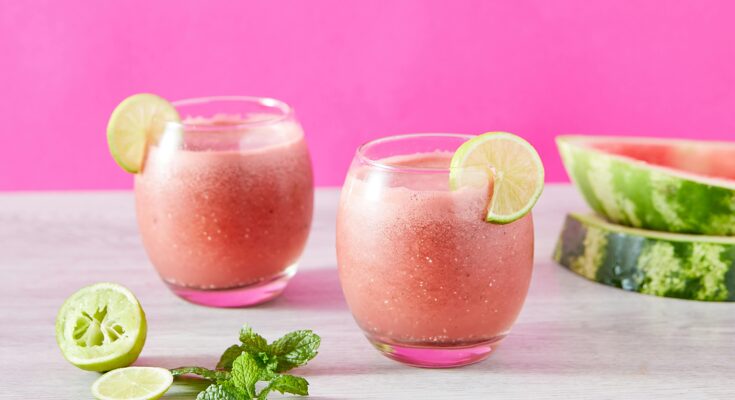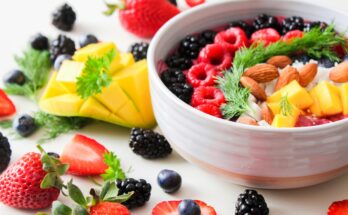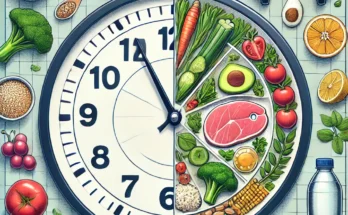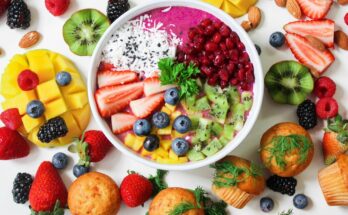Introduction Watermelon
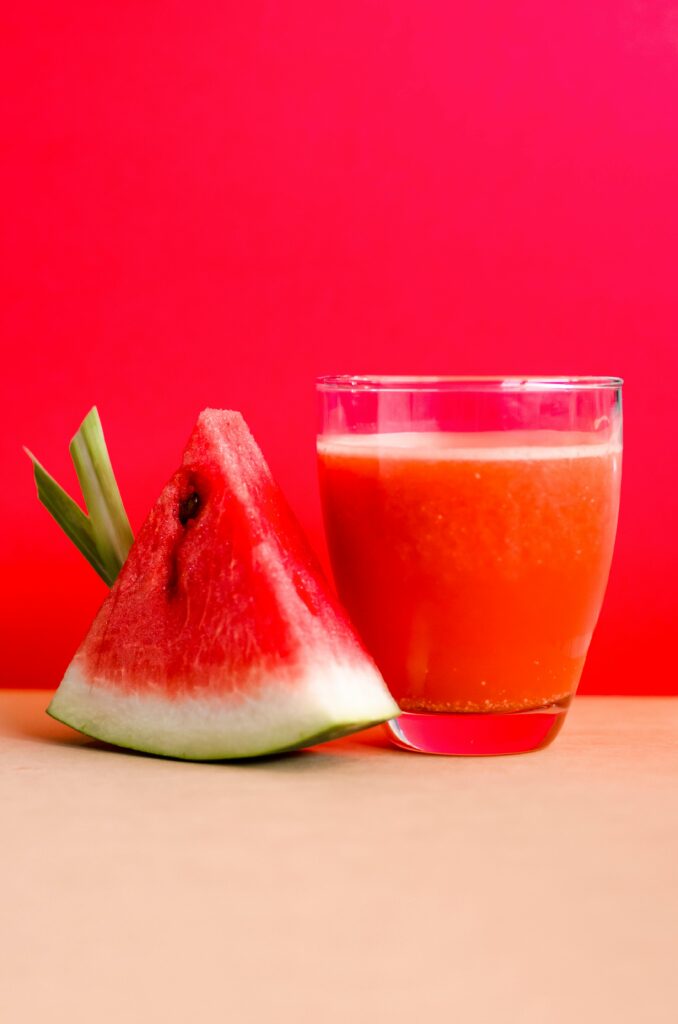
Watermelon, aside from arguably being the most favored fruit of summer, is much more than just a soothing respite from a hot day. The fruit is actually a hydrating, nutrient-rich powerhouse that deserves a regular place in your diet. Whether you want to increase your water intake, infuse important vitamins into your dishes, or just enjoy the sweetness, the ways in which watermelon is used are not limited. This article will take you through all there is to know about watermelon’s nutritional benefits and how to go about creatively incorporating them into meals, snacks, drinks, and more.
Nutritional Profile and Health Benefits of Watermelon
Watermelon is thought to be one of the healthiest fruits; however, few people know exactly how healthy it really is. Below is a look at its impressive nutritional profile and the most vital health benefits it offers.
Important Nutrients in Watermelon
Watermelon consists of approximately 92% water, making it one of the most refreshing fruits. It does, nonetheless, contain vital nutrients which make it healthy. One serving of watermelon is a cup, almost 154 grams, including: – Calories: 46
– Carbohydrates: 12 grams
– Protein: 1 gram
– Fiber: 0.6 grams
– Fat: 0.2 grams
– Vitamin C: 21% of the DV
– Vitamin A: 18% of the DV
– Potassium: 5% of the DV
– Magnesium: 4% of the DV
– Lycopene: 6,890 micrograms (a potent antioxidant)
Health Benefits of Watermelon
1. Hydration: Watermelon is very good for hydration because of the high composition of water and thus, during summer or warm seasons, it’s very nice to rejuvenate. Hydration will let your body organs work optimally, promote good skin health, and keep overall energy levels up.
2. Rich in Antioxidants: Watermelon has powerful antioxidants like vitamin C and lycopene. The antioxidant properties will neutralize oxidative stress in the body by reducing chronic diseases that include heart diseases and cancer.
3. Heart Health: Watermelon has been proven, through lycopene, to enhance heart health by causing a reduction in inflammation and cholesterol levels. Potassium is another mineral in watermelon that helps to keep one’s blood pressure healthy.
4. Good for Skin and Hair: Vitamin A and vitamin C are both contained in watermelon and highly essential for good skin. Vitamin C helps in the production of collagen that keeps the skin supple and the hair strong, while vitamin A helps in the regeneration of cells.
5.Supports Weight Loss: With its low calorie count and high water content, watermelon will be very satisfying in a weight loss diet. It provides natural sweetness and volume without excess calories.
6. Relieves Muscle Soreness: Some research shows that citrulline can help with muscle soreness, making this fruit a refreshing recovery snack after exercise.

10 Delicious Ways to Add Watermelon to Your Diet
With versatility into meals, watermelon goes with just about everything. Here are ten creative ways to incorporate watermelon into your diet.
1.Watermelon Smoothies
Smoothies are such a great way to get lots of fruits and vegetables into your system, and watermelon is a really great base to use. The high content of water gives a refreshing silkiness to the drink. Mix watermelon in a blender with your selected fruits of strawberries, pineapple, or cucumber, adding a touch of mint for freshness, and you are ready for a treat. Of course, you can add any protein powder if you want to prepare a recovery drink after your workout.
Recipe Suggestion:
– 1 cup watermelon, cubed and chilled
– 1/2 cup strawberries
– 1/4 cup Greek yogurt
– A handful of mint leaves
– 1 tsp honey
– Ice cubes
Blend all the ingredients until smooth. Drink a refreshing smoothie for breakfast or as a snack.
2. Watermelon Salad
Watermelon sweetness goes well with most savory elements, hence being perfectly suitable for salads. A typical watermelon salad may contain feta cheese, cucumber, and mint among its ingredients. Sweetness of watermelon and saltiness of feta tastefully blend under the freshness of mint leaves to form a well-balanced flavor dish that could be served as an appetizer or side dish.
Recipe Idea:
– 2 cups watermelon, cubed
– 1/2 cucumber, sliced
– 1/4 cup crumbled feta cheese
– A handful of fresh mint leaves
– Drizzle of olive oil
– A pinch of sea salt and black pepper
Throw all together, serve chilled for a light summer salad.
3.Watermelon Juice
If you are searching for a simple way to drink watermelon, extracting its juice is the easiest. Watermelon juice is refreshing and thirst-quenching, consumed alone or mixed with any other fruits and vegetables for a taste different from it. You can even freeze watermelon juice to make popsicles or ice cubes for a fruity twist in your drinks.
The Benefits of Watermelon: Nutritional Powerhouse

Watermelon is one of those refreshing, hydrating fruits that is not merely for summer. Rich in all essential nutrients, vitamins, antioxidants, and water, this fruit helps derive several health benefits and hence is considered a wonderful fruit for maintaining overall health. This article debates the top advantages of watermelon and why it should be part of your diet.
1. Hydration Hero
Of all the great benefits of watermelon, the most important advantages regard its water composition. Watermelon-which is constituted of about 92 percent water-presents the ultimate way of hydration. Water keeps your overall health maintained and supports body functions like regulating body temperature, digestion, and transportation of nutrients. Drinking enough water and also consuming hydrating foods like watermelon will prevent dehydration, particularly during hot weather or after highly intense physical activities.
It can cause symptoms such as drowsiness, headache, and a lack of concentration. Adequate hydration, then, is important to prevent such diseases. Watermelon consumed into your system offers a tasty and easy way to contribute to your water intake.
2. High in Nutrient Value
Watermelon is low in calorie count but high on the nutrition scale. One serving size of one cup contains only 46 calories and is powerfully packed with vitamins and minerals that provide great functioning of the body:
Vitamin C is a potent antioxidant that will help with immune function, skin health, and tissue repair.
Vitamin A: This vitamin is crucial for maintaining good skin, healthy vision, and healthy immune system function.
Potassium: Assists in blood pressure and heart health due to the balancing of the body’s sodium levels.
Magnesium supports the functioning of muscles, the health of the heart, and the strength of bones.
Vitamins B5 and B6: These have a major role in energy production and brain functions.
These nutrients allow it to support overall health; thus, watermelon is nutrient-dense and good to eat regularly.
3. Rich in Antioxidants
Watermelon contains antioxidants to help the body fight against oxidative stress and inflammation. It contains several important antioxidants, which include:
Lycopene is the carotenoid responsible for the red color in the fruit and has been highly studied to decrease certain cancers, such as prostrate cancer, and heart disease. It further contributes to reducing oxidative stress in the body, a condition that may help prevent cellular damage.
Vitamin C is an antioxidant that neutralizes free radicals, toxic molecules that can cause chronic diseases such as cancer and heart disease. Beta-carotene: Beta-carotene is an antioxidant that gets converted into vitamin A inside the human system, thus promoting good vision and immunity. These antioxidants play a significant role in fighting off free radicals, protecting your cells, and lowering the rate of chronic diseases over time.
4. Heart Health Benefits
Watermelon contains two compounds highly useful for heart health: lycopene and citrulline. The first reduces cholesterol and blood pressure levels, while the second enhances cardiac performance. It has been observed in studies that increasing intakes of lycopene improve the function of arteries and lower inflammation, hence reducing the risk of heart disease.
Besides that, watermelon contains an amino acid called citrulline, which may enable a sufficient increase in blood flow since it can allow the dilation of blood vessels. This would, in turn, reduce blood pressure and help with keeping one’s cardiovascular organ healthy. With regular consumption, watermelon may keep your heart healthy and reduce the risks of cardiovascular diseases.
5. Aids in Weight Loss
Watermelon is indeed a very good snack for anyone who wants to lose a few pounds or to simply keep within a healthy weight range. Its high water content and low calorie level make it very filling while adding few calories. It also satisfies sweet cravings without refined sugar, which makes it easier not to reach for sugary, high-calorie snacks.
This fruit is very low in fat, and hence its energy density is low too-calories per gram. So, it keeps one fuller and tends to reduce excess food consumption. With watermelon keeping hydration going and being a part of your overall well-balanced diet, one can have a healthy satisfying snack for weight loss.
6. Healthy Skin and Hair
Watermelon is rich in vitamins A and C, both quite important for one’s skin and hair. Vitamin C is quite vital for the synthesis of collagen-a type of protein that keeps the skin supple, young, and your hair strong. The production of adequate collagen thus helps in wound healing and skin regeneration.
Vitamin A is crucial for the restoration and efficient turnover of skin cells. This helps prevent the dryness of the skin, flaky skin, or any appearance that may show your skin as not fresh. Watermelon consumed regularly will therefore help take care of your body’s natural skin repair functions to ensure your skin remains healthy and glowing.
7. Reduces Muscle Soreness
With its high content of citrulline, watermelon has been known to reduce post-workout muscle soreness. Citrulline is helpful in decreasing lactic acid accumulation within your muscles by means of increasing blood flow, which is generally responsible for soreness felt after exercise. Consumed either as juice or the fruit itself after a workout, watermelon has been found to reduce muscle soreness and reduce recovery time, making it a great end to your workout.
8. Supports Digestive Health
There is a small amount of fiber found in watermelon, which is needed by the body in maintaining a healthy digestive system. Not as richly packed with the fiber content as some other fruits, the mix of water and fiber in watermelon nonetheless will do the job of keeping bowel movements regular and helping to avoid constipation.
The hydration effects of watermelon also have a positive impact on digestion, keeping the digestive tract well lubricated and the food moving with ease along the system. It can also be part of a balanced diet that helps provide a healthy and functional digestive system.

Conclusion
Watermelon is deliciously refreshing, and it can be considered a powerhouse of nutrition because of the many varied health benefits it offers. Rich in health benefits, such as improved heart health and reduced muscle soreness, besides being an end promoter of hydration, weight loss, and overall skin health. Other than consumption just about normally, it can be used in salads, smoothies, or just about anything. Watermelon is an easy and very effective addition to your diet that keeps you fit and healthy.

